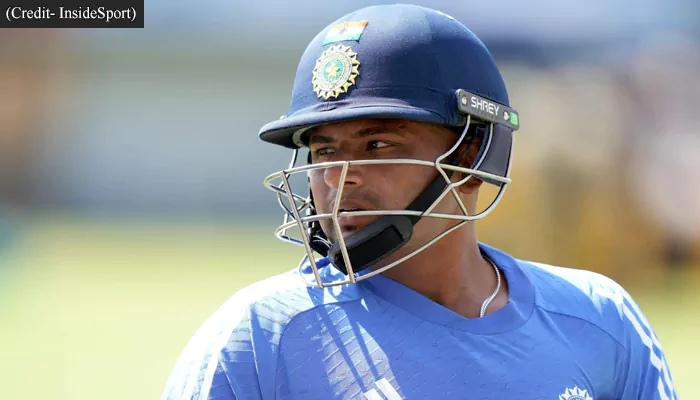
Credit: @in53kt0
Checkmate chronicles unveiled -- Kasparov triumphs over Deep Blue in a historic battle.
Few historical events have demonstrated the intersection of intelligence and invention better than the epic fights between Garry Kasparov, the reigning world chess champion, and the fearsome IBM supercomputer Deep Blue.
As the chess pieces danced across the checkered battlefield on February 17, 1996, the world witnessed a spectacle that transcended mere board squares and binary code. Join me on a journey through the captivating saga of man versus machine, where pawns became warriors, bishops turned strategists, and kings faced the looming shadow of artificial intelligence.
The prelude of 1996
The stage was set in Philadelphia, where Garry Kasparov, a titan of the chess world, faced off against the enigmatic Deep Blue. The first game unfolded with the Sicilian defence, Alapin Variation, marking a historic moment as Deep Blue secured the first-ever victory by a computer against a reigning world champion under classical time controls. The world gasped as Kasparov, known for his strategic brilliance, succumbed to the inexorable march of artificial intelligence.
The tactical dance
As the matches continued, each move became a stroke on the canvas of competition. In a transposition to the Catalan Opening, Kasparov showcased preemptive brilliance, blocking Deep Blue's every attempt at development. The battles raged, with the computer proving its mettle in the intricate dance of chess. The media frenzy escalated, and Deep Blue emerged as a celebrity in its own right, challenging the very fabric of human supremacy in the realm of intellectual pursuits.

Credit: @Ruhichess
Impact and symbolism
The clashes between Kasparov and Deep Blue were not merely chess games; they were seismic events reverberating through the realms of artificial intelligence and human achievement.
Deep Blue's victory symbolised a paradigm shift, a harbinger of the era where machines could outmanoeuvre one of humanity's intellectual champions. The world pondered the implications, and the ancient game of Go became the new frontier for human resilience, proving more resistant to brute computational force.
The turning point
February 16, 1996, witnessed a turning point in the saga. In a Scotch Four Knights game, Kasparov, undeterred by previous setbacks, secured a pivotal win, marking the only triumph for the human spirit in this high-stakes battle. The game became a canvas of resilience, a testament to Kasparov's strategic prowess as he outplayed Deep Blue in a masterful stroke, securing a victory that echoed through the annals of chess history.
An endgame unfolds
The final encounter on February 17, 1996, transposed to the same line as the Queen's Gambit Decline. In a mesmerising display of anti-computer tactics, Kasparov orchestrated a symphony of moves, slowly advancing his position while Deep Blue seemed paralysed.
As the endgame unfolded, Kasparov's strategic brilliance shone, and Deep Blue's pieces were cornered. The match concluded with a sublime checkmate, a poignant reminder of the indomitable human spirit.

Credit: @claudioklr
Reflections and legacy
The Checkmate Chronicles of February 17, 1996, left an indelible mark on the pages of chess history. The battles between Kasparov and Deep Blue went beyond a mere clash of intellects; they embodied the essence of human resilience, innovation, and the eternal pursuit of pushing the boundaries of what is deemed possible.
As we reflect on this iconic encounter, let it be a beacon, inspiring future generations to embrace challenges with the same fervour and determination that echoed through the moves on that fateful day.












